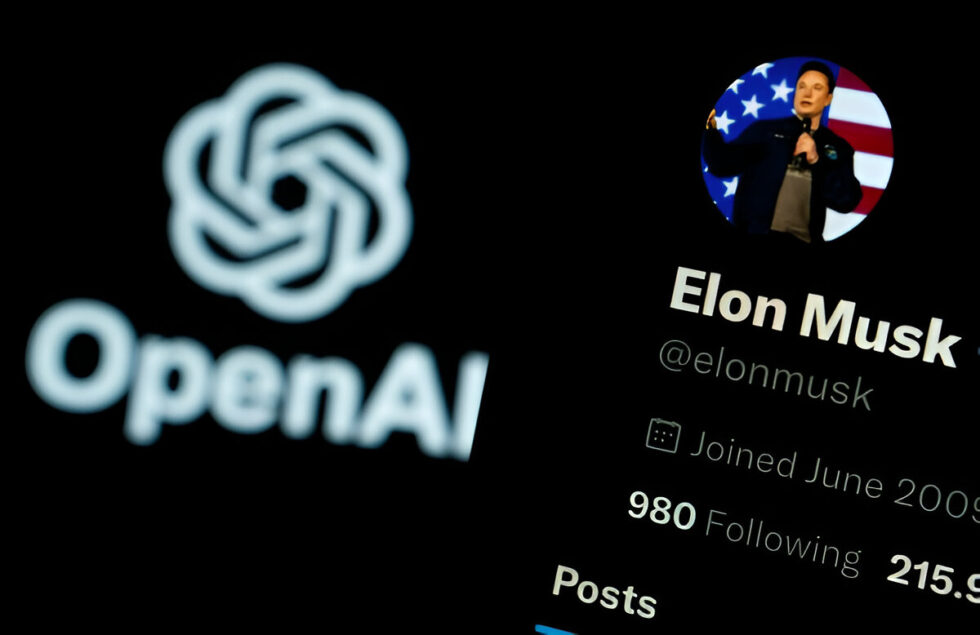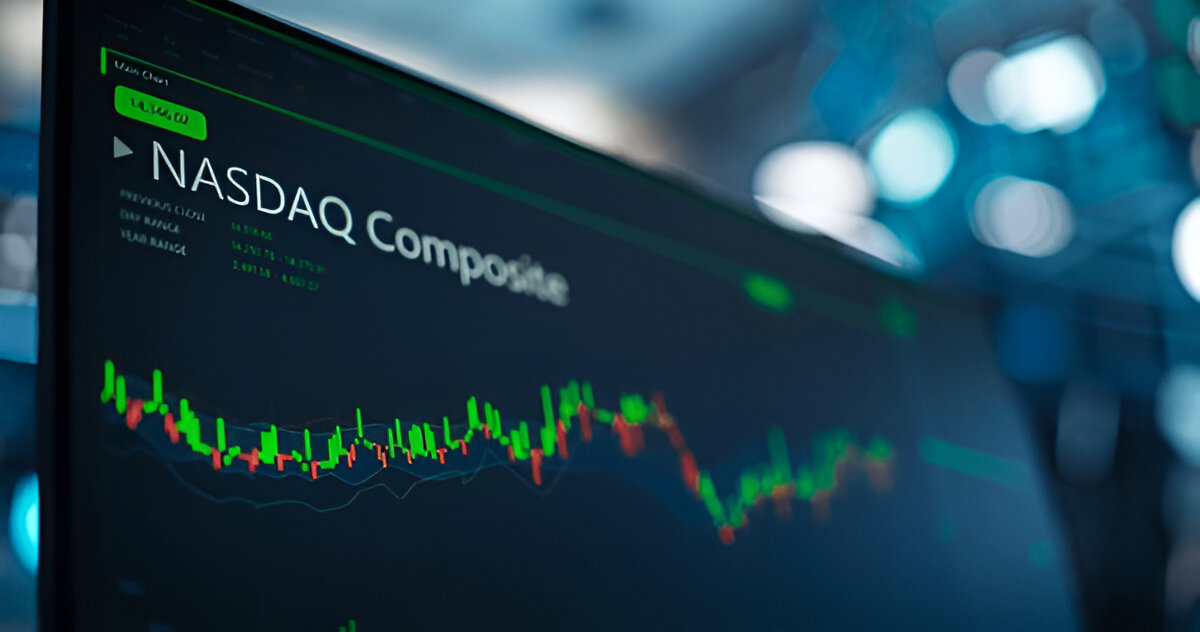
Introduction
The ongoing legal dispute between OpenAI and tech mogul Elon Musk has taken a puzzling new turn. OpenAI publicly claimed that Musk’s recent acquisition proposal undermines his own lawsuit’s core allegations. This high-profile conflict highlights the intricate dynamics of leadership, ethics, and progress in AI’s rapidly evolving landscape. In this article, we delve deeper into the lawsuit details, OpenAI’s retort, and the broader ramifications for AI’s future.
What is the Lawsuit Regarding?
Elon Musk, one of OpenAI’s original co-founders, filed a lawsuit alleging that the organization has deviated from its initial aim to cultivate artificial general intelligence (AGI) for humanity’s benefit. Musk asserts that OpenAI’s partnership with Microsoft and its redirection toward profit-motivated initiatives contravene its founding principles.
Key lawsuit points include:
Allegations that OpenAI has become a “closed-source quasi-subsidiary” of Microsoft.
Claims that the organization prioritizes financial gains over principled AI development.
Concerns about potential AGI technologies’ misapplication.
OpenAI’s Response: The Takeover Bid Incongruity
In a recent statement, OpenAI responded by revealing Musk’s earlier attempt to acquire the organization. According to OpenAI, Musk’s takeover proposal blatantly contradicts his lawsuit’s core arguments.
Highlights of OpenAI’s response include:
Musk allegedly sought to merge OpenAI with Tesla or assume full control.
OpenAI argues Musk’s actions display his desire to influence AI’s path, undermining ethical concerns claims.
The organization reaffirmed commitment to its mission, emphasizing balance of innovation and ethics.
The Broader Implications of the Dispute
This legal battle raises important questions regarding AI development and governance’s long-term auspices. Here are some key implications:
Ethics versus profit in AI development
The dispute underscores the deep tensions between openness in AI advancement and satisfying shareholders’ financial demands. As AI technologies progress to more advanced stages, judiciously balancing these priorities will be imperative.
Transparency and Accountability
This legal action accentuates the necessity for enhanced visibility into how AI organizations operate and arrive at decisions. Stakeholders, including the public populace, are worthy of lucidity on the aims and practices of influential entities similar to OpenAI.
The Role of Founders in Shaping AI’s Future Path
Elon Musk’s involvement in OpenAI and his ensuing legal confrontation demonstrate the considerable sway that originators and early collaborators can wield on the trajectory of AI evolution. This case could establish a precedent for how disagreements among founders are resolved in tech spheres.
What’s Next for OpenAI and Musk?
The verdict of this lawful bout could carry far-reaching implications for both OpenAI and the AI sector altogether. Possible scenarios encompass:
A settlement that addresses Musk’s issues while allowing OpenAI to continue its vital work.
Augmented scrutiny of OpenAI’s collaborations and business practices.
A renewed spotlight on principled AI progress and governance frameworks.
Conclusion
The dispute between OpenAI and Elon Musk is more than just a legal tussle—it’s a manifestation of the tests and intricacies of cultivating AI in a manner that benefits humanity. As the case unfolds, it will be pivotal to monitor how it molds the future of AI innovation, ethics, and oversight.
For now, OpenAI remains committed to its mission, while Musk’s contradictory actions raise queries about his genuine motives. One thing is evident: the world will be watching closely as this high-stakes drama unfolds.






